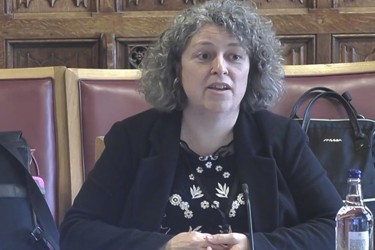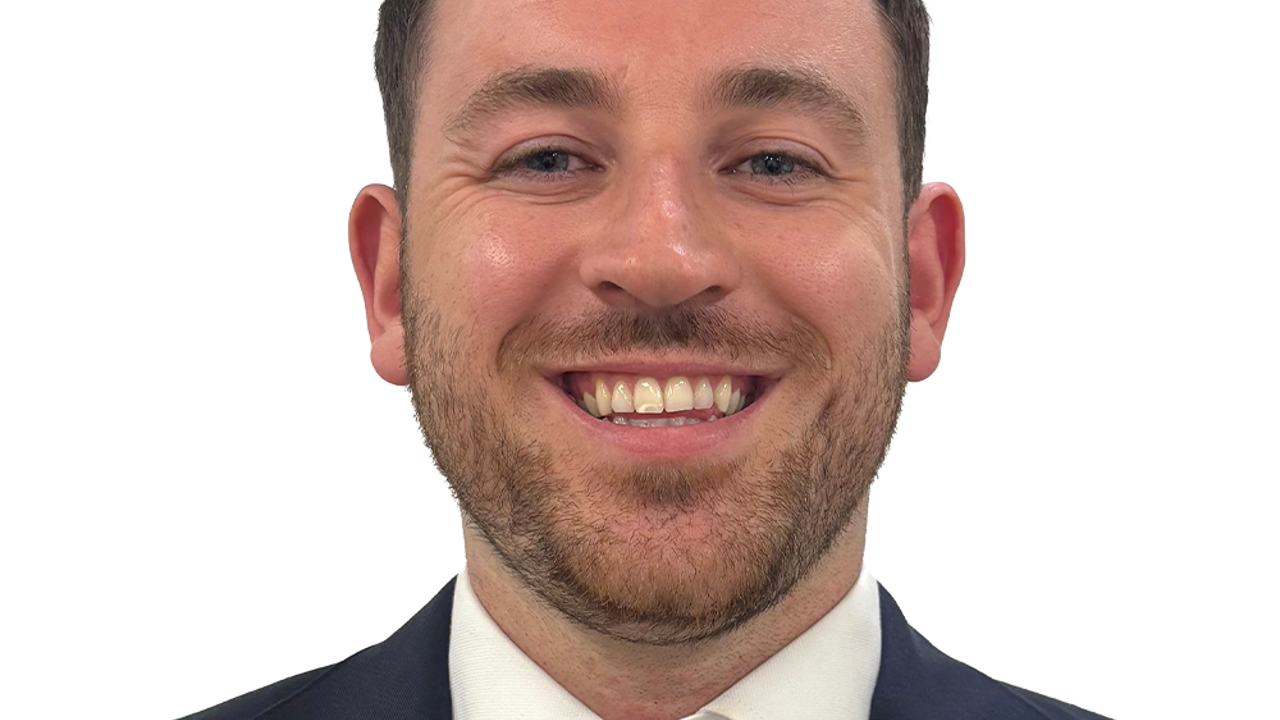EngineeringUK Chief Executive Dr Hilary Leevers talks to Lords about engineering education
Dr Hilary Leevers, Chief Executive of EngineeringUK, spoke to the Lords Education for 11 to 16 year olds committee last Thursday on the issues around inspiring students in engineering careers based on what and how they currently study at school.

Dr Hilary Leevers, Chief Executive of EngineeringUK, spoke to the Lords Education for 11 to 16 year olds committee last Thursday on the issues around inspiring students in engineering careers based on what and how they currently study at school.
The committee is reading and hearing submitted evidence on how to equip with the skills they will need to thrive in the future economy. Giving oral evidence on behalf of EngineeringUK to this Dr Leevers highlighted both the lack of visibility of engineering in the current school curriculum for 11 to 16 year olds, and the inaccurate way the subject is often referred to being a significant hindrance in inspiring young people to think of a career in engineering.
She said “Engineering isn't particularly visible in the 11 to 16 curriculum – there is a GCSE that has very low uptake and a vocational qualification. But actually most of the people who progress into engineering come through with other subject choices…”
Dr Leevers also spoke about the level of perceived value in Design and Technology, which despite the shortage of teachers has lower bursaries available for training than other subjects. “It isn't... in the Ebacc, which is all about which are the most valuable subjects, the academies and free schools that can deviate from national curriculum do do so. And there is a lower uptake of design and technology in those schools.”
“There are some very outdated perceptions of what engineering is that don't recognise the contemporary face and breadth of engineering, and in particular, the key role that it has in meeting the challenges around sustainability and climate change…”
“We need young people to understand what engineering is and is often referred to as science or… innovation… it's not spoken about very accurately, and I think that is quite a critical issue.”
When asked if there is a technology that she believed should be in every school, for example a 3D printer, she spoke about the more critical issue caused by the disparity of digital access across England, which has widened since the Covid-19 pandemic.
The full public evidence session, including evidence also given by Julia Adamson, Managing Director, Education & Public Benefit at BCS (British Computer Society) and Charles Tracy OBE, Senior Education Special Advisor at Institute of Physics, can be viewed on Parliament TV and a written transcript will available soon.
We need young people to understand what engineering is and is often referred to as science or… innovation… it's not spoken about very accurately, and I think that is quite a critical issue.
— EngineeringUK Chief Executive, Dr Hilary Leevers












